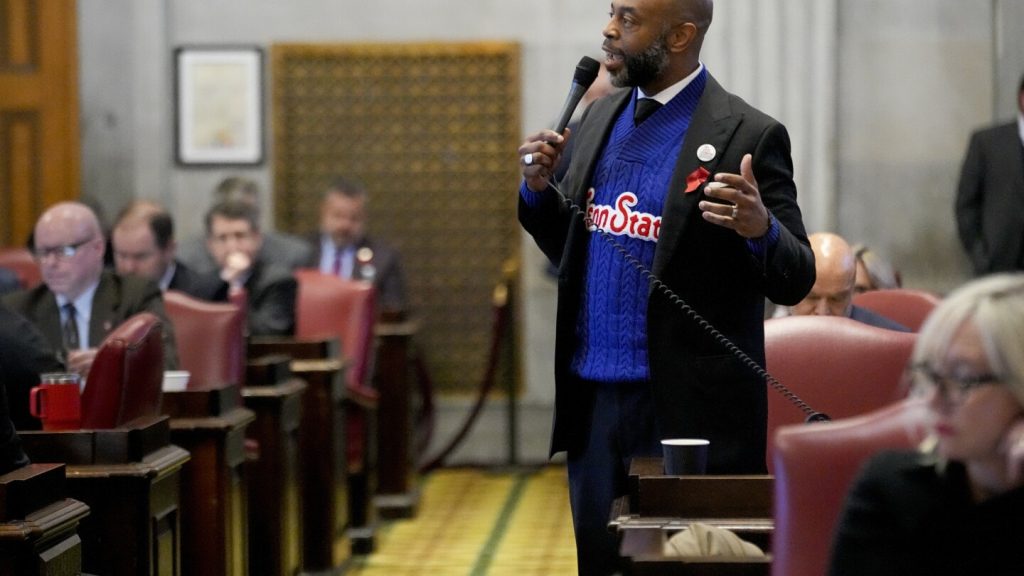Republican leaders in Tennessee have removed the trustees of Tennessee State University, the state’s only publicly funded historically Black university, under new legislation signed into law by Governor Bill Lee. The legislation, which was passed by the state GOP-controlled House, focuses on concerns about leadership at TSU, including issues such as student housing shortages and financial discrepancies. The governor appointed 10 new individuals to the board, mostly from the business community, who will be subject to confirmation by the Legislature. The move comes as TSU is also in search of a new president as current President Glenda Glover plans to retire at the end of the school year.
Critics of the legislation, including Black lawmakers and community leaders, argue that the state is unfairly targeting TSU, which has faced significant underfunding over the past three decades. They point out that the problems at TSU are primarily due to a lack of financial support from the state, not mismanagement by the university. Democrats have also questioned the need to remove the entire board of a historically Black college, suggesting that the state has not taken similar actions with other universities facing similar issues. Multiple attempts by Democrats to delay the vote or reduce the number of board members vacated were voted down by the GOP supermajority.
Last year, the Tennessee Legislature provided TSU with $250 million for infrastructure projects to address some of the university’s financial challenges. However, Republican Rep. Ryan Williams claimed that the funds were misused, with an excessive number of student scholarships leading to housing shortages. He emphasized the need for future investments in the university to be managed more effectively. Supporters of TSU, including students and community members, expressed disappointment and frustration with the Legislature’s decision to remove the trustees, viewing it as a punitive response to the university’s struggles.
The removal of TSU’s trustees has sparked a debate over issues of race, funding, and governance in higher education in Tennessee. While Republican leaders cite concerns about leadership at the university, critics argue that the state has not adequately supported TSU financially, contributing to its challenges. The appointment of new trustees, coupled with the search for a new university president, raises questions about the future direction of TSU and how state lawmakers will address the ongoing issues facing the institution. The controversy surrounding TSU highlights broader issues related to funding and governance at historically Black colleges and universities, as well as the role of state legislatures in overseeing public institutions of higher education.


